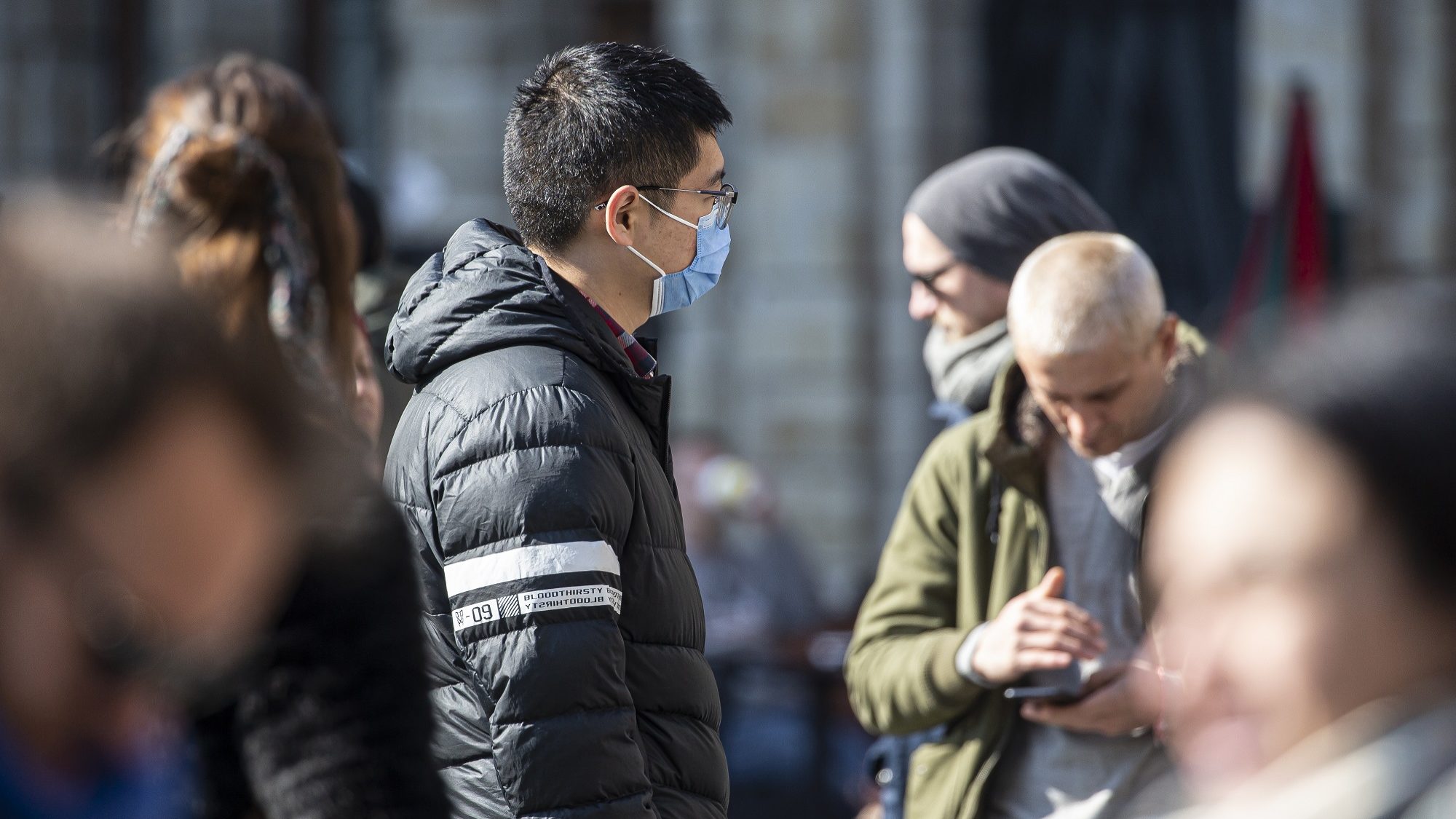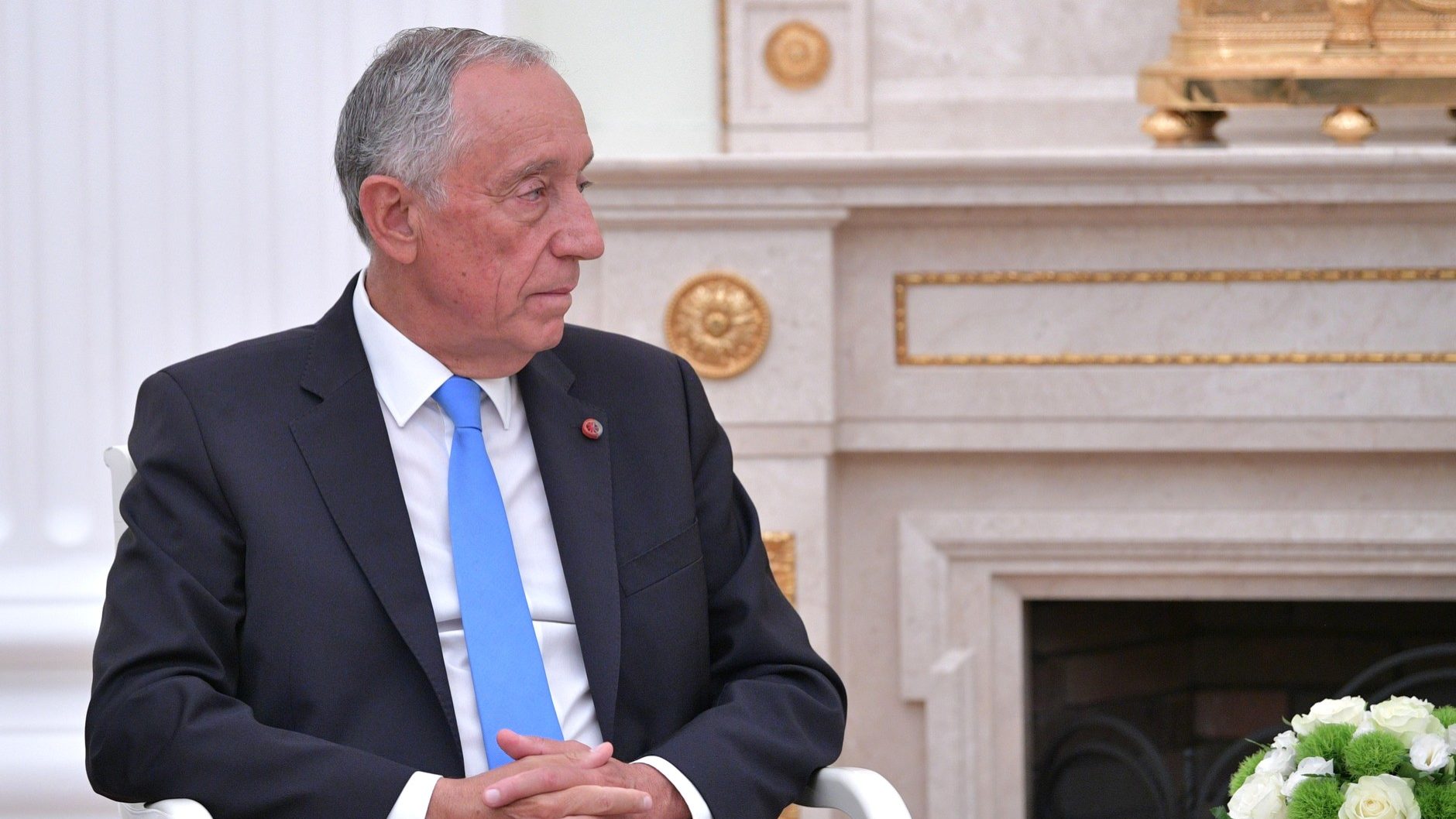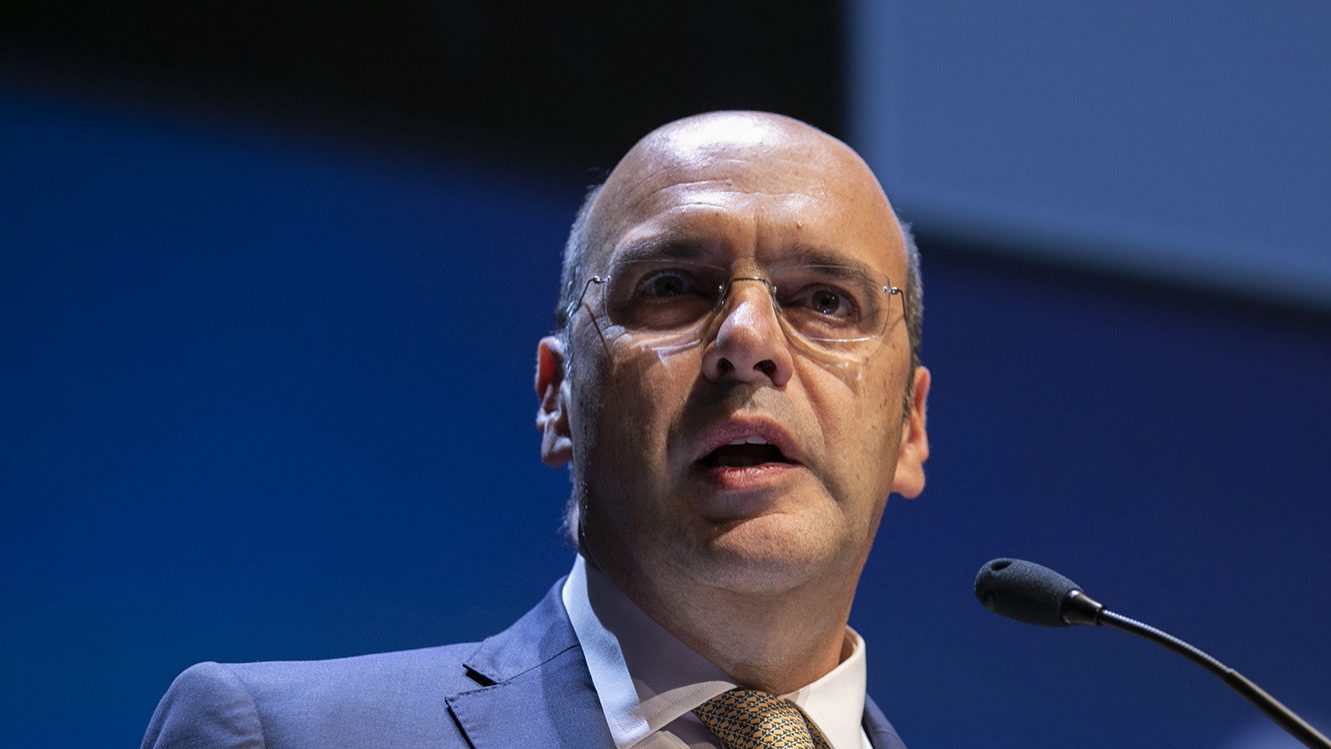Impact of Covid-19 can ‘contaminate’ banks – Experts
The coronavirus has the potential to ‘contaminate’ banks, reduce exports and cause a rectifying budget, according to experts.
The Portuguese economy could suffer significant impacts due to the Covid-19 outbreak, in a situation that has the potential to ‘contaminate’ banks, reduce exports and cause a rectifying budget, according to several experts contacted by Lusa.
“It is very likely that there will be an amending budget. If tax revenue falls sharply, then the budget balance will become severely negative,” said João Duque, a professor at the Instituto Superior de Economia e Gestão (ISEG).
It should be noted that indirect taxes have been the mainspring of the increase in tax revenues of the Socialist Party (PS) government. And it is the indirect taxes that suffer most from this crisis of forced consumption, which affects VAT and taxes on oil products, he said.
The economist of the consultant IMF Filipe Garcia believes that there will be relevant economic impacts, particularly due to quarantines, and in his opinion, the risk is that this situation begins to result in treasury structures in some businesses, which, like the virus, contaminate other companies and the financial sector.
João Borges de Assunção, an associate professor at the Catholic University, stresses that it is difficult to know if the shock will be temporary or permanent and if there will be a relatively quick recovery when it is over.
The effects on economic growth in 2020 will certainly be negative, but no models or data are available to calculate the reduction in the central point of growth in this new scenario, he said.
Therefore, according to the expert, it is still too early to know whether the shock on tourism and exports will be greater or smaller than for the economy.
Patricia Teixeira Lopes, ‘Associate Dean’ of Porto Business School, warned of the impact of the new coronavirus outbreak on companies.
Many factors that enter the production chain of these companies are imported from China. She highlighted the risks posed by containment, because people stop consuming, leaving, buying and travelling, and these obstacles may be more negative in tourism but will have an impact on the entire economy.
João Duque pointed to a potential disruption of supply chains as a risk generated by the outbreak, arguing that it would have been preferable to a global and simultaneous stop at this level, but admits that this would have been an unthinkable measure.
He warned of impacts on the level of bank solvency, since the fall in activity of many companies may lead them to the need to default with payments with the banks.
The concern with tourism is shared by João Duque, who believes in a significant impact on the mobility of people and the economic activities directly linked to it: tourism (accommodation and catering) and the movement of people (transport).
Economists and professors contacted by Lusa advise caution in the analysis of scholarships.
João Duque stressed that listed companies would tend to be penalised in the face of this negative outlook, but that this is a short-term view.
João Assunção argued, in turn, that not all the turbulence in the capital market should be attributed exclusively to the Covid-19 outbreak since by its very nature, the evolution of capital market prices is essentially unpredictable.
The Covid-19 epidemic was detected in December in China and has caused more than 4,000 deaths.
Some 114,000 people were infected in more than a hundred countries and more than 63,000 have recovered.
Portugal has 41 confirmed cases of infection, according to the Directorate General of Health (DGS).


